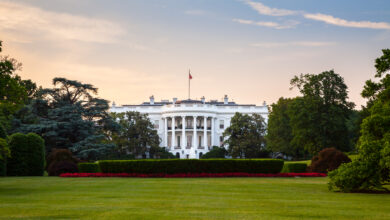The term \”the economy\” does not mean what many people think it does

Journalists and commentators ought to be more careful about the use of the term \”economy.\” It is a gross and misleading generalization typically used to described a couple of top line indicators and showing zero insight into what is happening within the economy itself.
As we have seen in the US, GDP can grow and so too can inequality, productivity can rise and wages can stagnate, job numbers can increase but so too can the number of people out of the job market. Our GDP is up–but half of Americans could be bankrupted by a toothache.
GDP is up–but inequality is at pre-Depression highs. The tax cuts can benefit corporations but those corporations can use the earnings for stock buy backs, not for new hiring,for instance exec compensation and for overseas expansion (and plenty of big companies don\’t pay taxes.)
What we have seen in the US for the past 50 years is economic growth that benefits the few, especially the top 1%, and that has left the rest of the country in a state of unprecedented economic anxiety. Further, some of the \”growth\” has been fueled by deregulation and other moves that have hidden but substantial costs, to the environment for example, to the health of our citizens, etc. And some growth is illusory, such as that triggered by over-spending on defense, unnecessary and often tragically misguided outlays.
So please stop saying things like \”the economy is good\” when the statement is meaningless, the economy is not good for most people and even those in the top tier of society who are prospering will bear huge future costs due to short-sighted policies.
What the economy is is complicated and in some very material ways, it is broken. Avoid generalities. Try to see through the spin. (And don\’t even get me started on reporting on the stock market like it mattered to most Americans).




